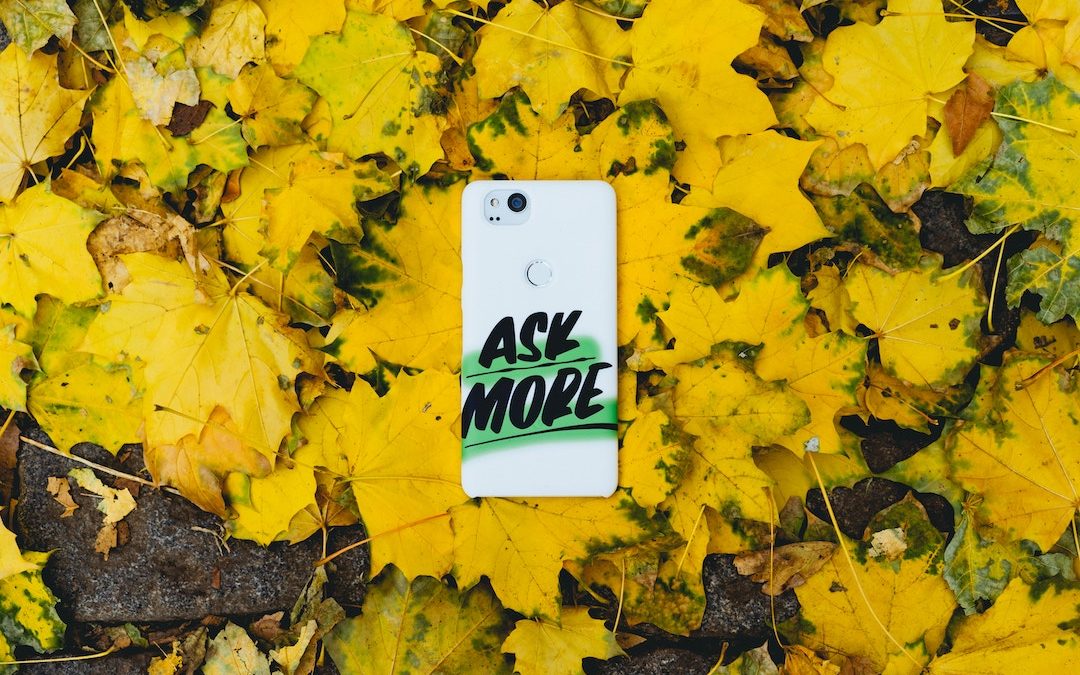He said, “For someone who knows so clearly what you want, it’s annoying to me—someone who doesn’t have as clear of an idea—that you have a hard time asking for it.’
Maybe I’m too careful. Maybe there are times I need to step out of my accommodating, forgiving nature and assert myself.
“What’s the worst that can happen?” he says.
I’ve never liked answering that question.
•
Being the owner of an overactive imagination, there are plenty of worst things that can happen. They all come creeping in at the slightest invitation—like the question, “What’s the worst that can happen?”
I don’t want to look any one of them in the eye, lest I lose my nerve.
•
I’ve typed the email a dozen times, and it still doesn’t feel right. Have I really asked for what I want, or is it just another soft, kind, accommodating note that doesn’t really say much?
I send it off to a writer friend.
She sends it right back with confirmation: It’s just another soft, kind, accommodating note that doesn’t really say much.
•
My sons are young, and my husband and I have tried to raise them in an environment that values good communication skills. “Use your words” is something we say often when they feel upset or angry or sad. They are learning in ways their father and I—a generation that was taught to hide more than it revealed, to suck it up, get over it, life’s got a lot of hard knocks, kid, take what’s handed out without complaining—never did.
Maybe in their future, they will be able to use their words to ask for what they want.
Maybe they will be better than I have been.
•
I’m standing at my computer again. I sort through the questions: What do I want? What do I expect? What is the problem that keeps me from getting what I want or expect?
It all makes sense in my head, but when I get ready to write it down, my fingers feel stiff and uncooperative.
But I flex them, and the words, clunky and patchy at first, spill, stain, solidify.
•
We ask for what we want, because if we don’t, the person on the other side of our asking won’t know what we want. We ask to clarify, to make aware, to say that my needs and goals and desires are important, too, and we should work together to make sure we’re both happy and reaching our full potential and doing what must be done.
We ask because we are important enough, too, to have our needs and goals and desires met.
•
I’m a woman. I’ve been told, in one way or another, my whole life, that I shouldn’t have needs or goals or desires. I’ve been tricked into believing, by immersion in a patriarchal society and faith or simply by an encounter with another individual, that my needs are not as important as others’ needs. I’ve been shamed for my aspirations, my expectations, my dreams.
It’s not an easy legacy to discard.
•
I send the email this time. Who knows if it will make a difference or if anything will change, but at least I know I’ve tried. At least I know that the next time I must ask for what I need I will be marginally better at it. At least I know I have said what needs saying, bared a small piece of myself, moved toward becoming something more than a passive spectator to my life and career.
And the whisper grows, if only by a hair: I matter, too.


